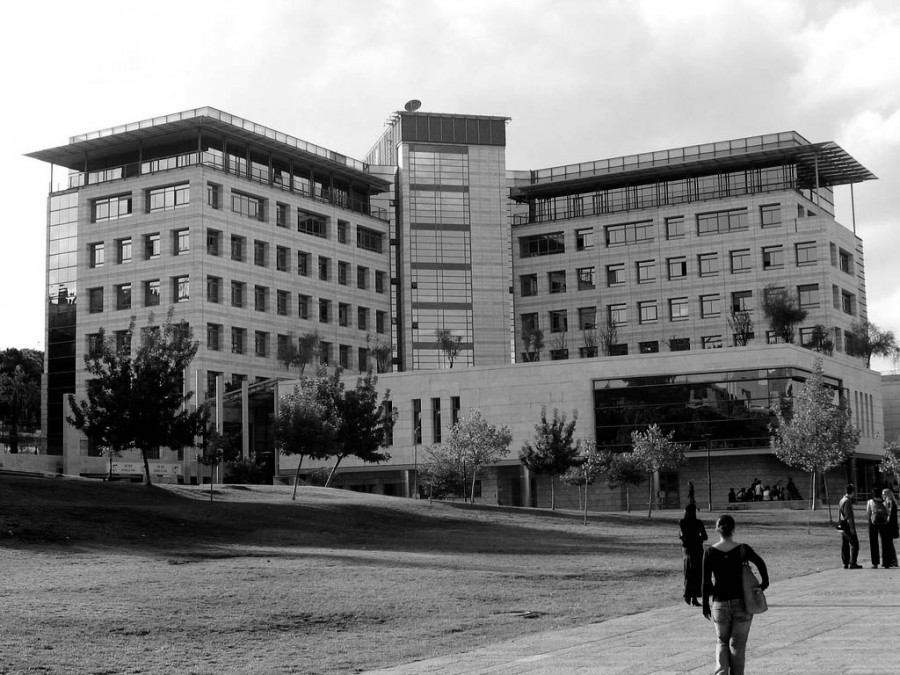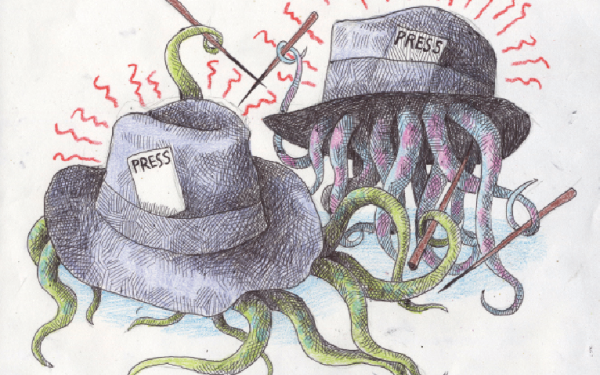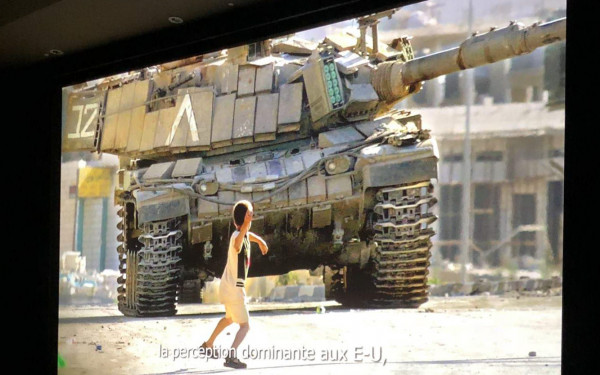This Needs to Stop
Decolonizing Concordia’s Bilateral Institutional Links
If someone were to tell you that your university maintains bilateral links with an academic institution involved in colonization, occupation and unequal access to education based on ethnicity, how would that make you feel?
Several students from Concordia and McGill are saying that this is the situation at their respective universities.
Students from both universities have raised concerns in “Structures of Oppression,” a report in which they discuss their issue with the “strong bilateral student exchange programs […] joint research projects and collaborative scholarships” that their schools have with the Technion-Israel Institute of Technology.
Essentially, Concordia is receiving and sending students to an institution that prides itself on being a hands-on engineering and science institute. This means that much of the research conducted by students and faculty is funded by arms manufacturing companies. These companies then sell their products to the Israeli Defense Forces, in order to maintain their occupation of Palestinian territories.
Two such companies are Elbit Systems and Rafael Advanced Systems. Elbit, with Technion’s direct and indirect help, has become one of two main providers for Israel’s electronic detection fence, dubbed the ‘apartheid wall’ by activists, and condemned in 2004 by the International Court of Justice.
These links go beyond just engineering and applied science programs. Rafael is a company heavily involved in the research and development of military technologies used in the occupation of Palestinian land. Since 2001, the company has had a three-year in-house MBA program tailored specifically to its managers.
But what is perhaps more egregious is the treatment of the Palestinian students. These students, citizens of Israel who are trying to get the same access to education as their counterparts, are often blocked by obstacles in funding and acceptance into certain programs, whose criteria are heavily tilted towards students who are or have served in the Israeli military.
At the Technion, freedom of speech is a privilege. On June 2, 2010, shortly after Israel’s assault on the Gaza Freedom Flotilla, students both for and against Israel’s attack staged simultaneous demonstrations in front of the campus gates.
The mostly Palestinian-student rally against the raid, however, was brutally repressed by the Israeli police.
This resulted in the arrest of several Palestinian students, while the pro-Israeli military side was left alone.
It is important to point out that these issues are not exclusive to Technion. Israeli academia, as a whole, has been intimately involved in the oppressive actions of the Israeli state.
For this reason, students at McGill have been calling into question a new exchange between McGill and Hebrew University.
On March 28, The McGill Daily declared that “McGill should cut ties with the Hebrew University” due to the program’s stated desire to “examine the topic of ‘regulating internal diversity,’” which, according to article, “has the capacity to contribute indirectly to ongoing injustices” regarding the treatment of Palestinian citizens of Israel, which comprise of around 20 per cent of the population.
Here at Concordia, students choosing to go on the Concordia-facilitated exchange are encouraged to apply for funding for their travel expenses via the Goldie and Joe Raymer Fellowship, which the Concordia International website states to be for students from “any discipline […] to promote academic collaboration, student exchange and research internships between the two institutions.”
But since no information is available on the criteria necessary to obtain this funding, one is left to wonder how Palestinian students at Concordia would be able to access this exchange.
Palestinian students, who manage to obtain both funding and acceptance still may not be able to participate in these programs. Students whose family was expelled in the 1948 creation of the Israeli state and simultaneous destruction of approximately 500 Palestinian villages and towns would almost certainly not even be able to enter the country, let alone partake in the exchange.
If we are to be serious in confronting systematic oppression in a tangible way, Concordia students and faculty are going to have to come together and make it clear to the administration that this is unacceptable.
In the wake of the recent decision taken by Johannesburg University to sever ties with Ben Gurion University under similar pretexts, we now know that not only is it possible to do the same here—but is actually only a matter of time.Douglas Smith is graduate student at Concordia, and member of Solidarity for Palestinian Human Rights and Tadamon! To download the report “Structures of Oppression” in PDF format, visit tadamon.ca/






__thumb_600_375_90_s_c1.JPG)
